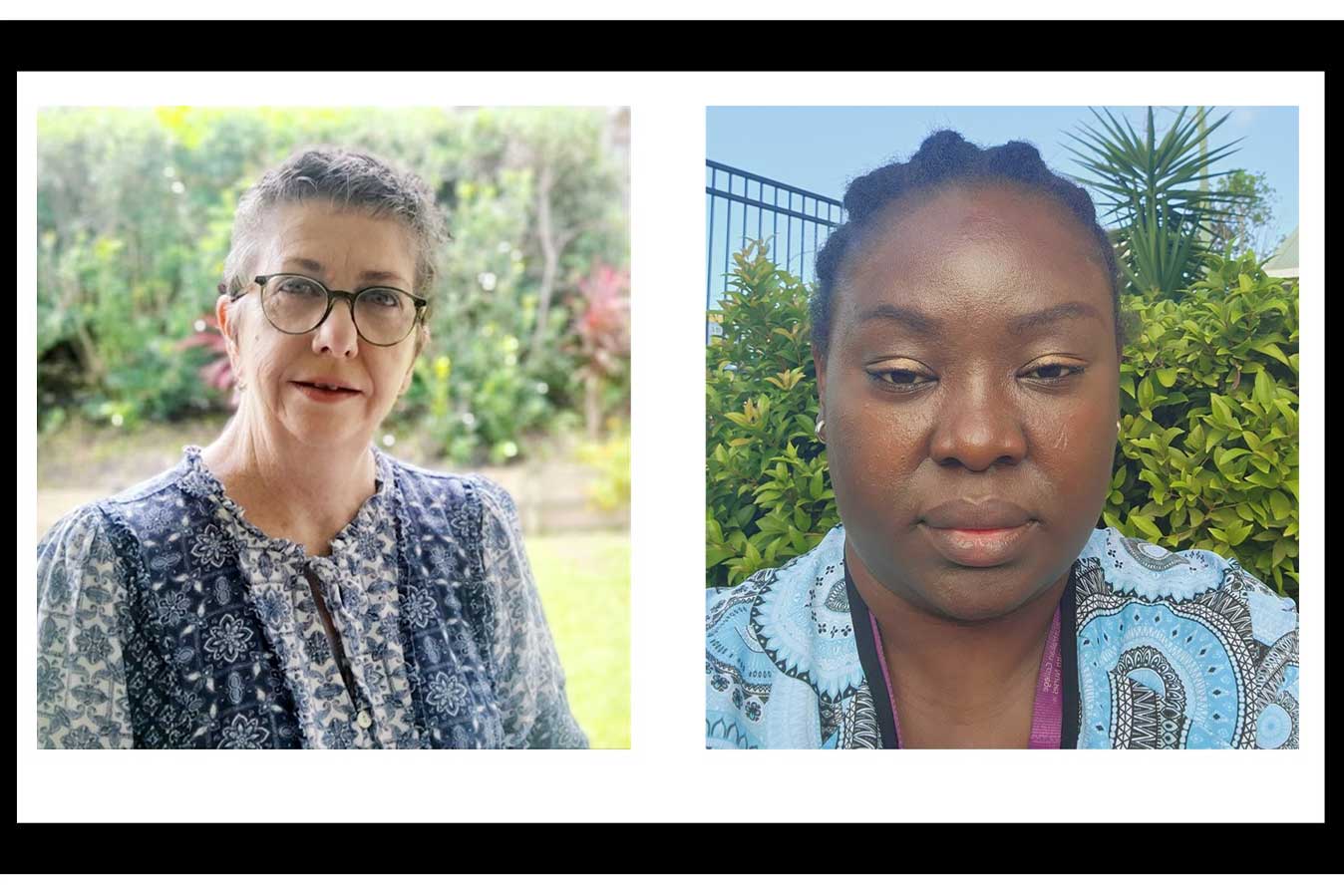Opioid misuse has increased over the last two decades, accompanied by an increasing number of deaths associated with overdose from opioids.
In fact, problems related to the therapeutic (prescription misuse) and non-therapeutic (illicit use) of opioids have become a global public health concern. Treatment programs have been established to address opioid addiction. The most used illicit opioid is heroin. However, prescription opioids also present a significant problem in the US and Australia.
Using opioid substitution medication on a regulated treatment program (Medication Assisted Treatment for Opioid Dependence – MATOD) has been the gold standard treatment for opioid dependence for over 40 years. Offering evidence-based pharmacological interventions involving long-acting synthetic opioid substitute medications, including methadone elixir, Buprenorphine mono (Subutex), buprenorphine/naloxone (suboxone), and Sublocade or Buvidal (long-acting injection), have demonstrated efficacy in decreasing opioid use, decreasing crime, and promoting community safety as well as improving quality of life outcomes.
While highly regulated, participants engaged on MATOD are often poly substance users with con-commitment use of alcohol, stimulants, benzodiazepines, and cannabis. Cannabis has been described as a gateway drug because of its potential to provide an entry point for the use of other drugs. Despite this, clinicians lack consensus regarding the effects of concurrent cannabis use in individuals with opioid dependence, including those engaged in MATOD. The management of these individuals remains the subject of debate. Legalising medicinal cannabis in recent years has added to the complexity of clinician attitudes toward concomitant cannabis use on MATOD.

With a lack of evidence regarding the effects of cannabis use on MATOD consumers, and therefore the necessity to treat cannabis use as a secondary diagnosis, clinician caseload, patient acuity, and patient treatment outcomes are suggested as possible explanations for clinician attitude. The authors of the Let’s Talk About Weed study undertook research to gain insight into the attitudes of those clinicians working directly with consumers on MATOD regarding the con-commitment use of cannabis while engaged in the program.
“Let’s Talk About Weed”, is a cross-sectional study using an anonymous online questionnaire sent to clinicians who work directly with consumers on MATOD programs in Australia. Surveys are also disseminated to professional organisations (eg. Drug and Alcohol Nurses of Australasia – DANA) and professional networks. All clinicians working in drug and alcohol services (public and private) who work directly with consumers on MATOD were included in the survey scope. Participants were invited to respond to the survey via a distribution point through professional groups such as DANA, supported by QNMU.
Soon to be submitted for publication, the authors hope that results from this study will lead to improvements in treatment outcomes for consumers engaged in MATOD and contribute to a stronger evidence base regarding cannabis and its effects.
For further information on the study, contact the researchers:
Theresa Oke, Clinical Nurse – ACT, Bundaberg Hospital and Health Service – theresa.oke@health.qld.gov.au
Jane O’Connor Clinical Nurse Consultant – ATODS, Townsville Hospital and Health Service – jane.oconnor@health.qld.gov.au
Wendy Smyth PhD, OAM, Nurse Researcher Townsville Hospital and Health Service – Wendy.symth@health.qld.gov.au
Cate Nagle, PhD Professor of Nursing and Midwifery James Cook University and Townsville Hospital and Health Service – cate.nagle@jcu.edu.au
Authors:
Theresa Oke, Clinical Nurse – ACT, Bundaberg Hospital and Health Service
Jane O’Connor Clinical Nurse Consultant – ATODS, Townsville Hospital and Health Service
Wendy Smyth PhD, OAM, Nurse Researcher Townsville Hospital and Health Service
Cate Nagle, PhD Professor of Nursing and Midwifery, James Cook University and Townsville Hospital and Health Service









One Response
Great post! Remember, accurate and up-to-date information is essential when discussing a topic as nuanced as marijuana. Laws, attitudes, and research findings can change over time, so it’s wise to stay informed through reputable sources and consult experts when needed.